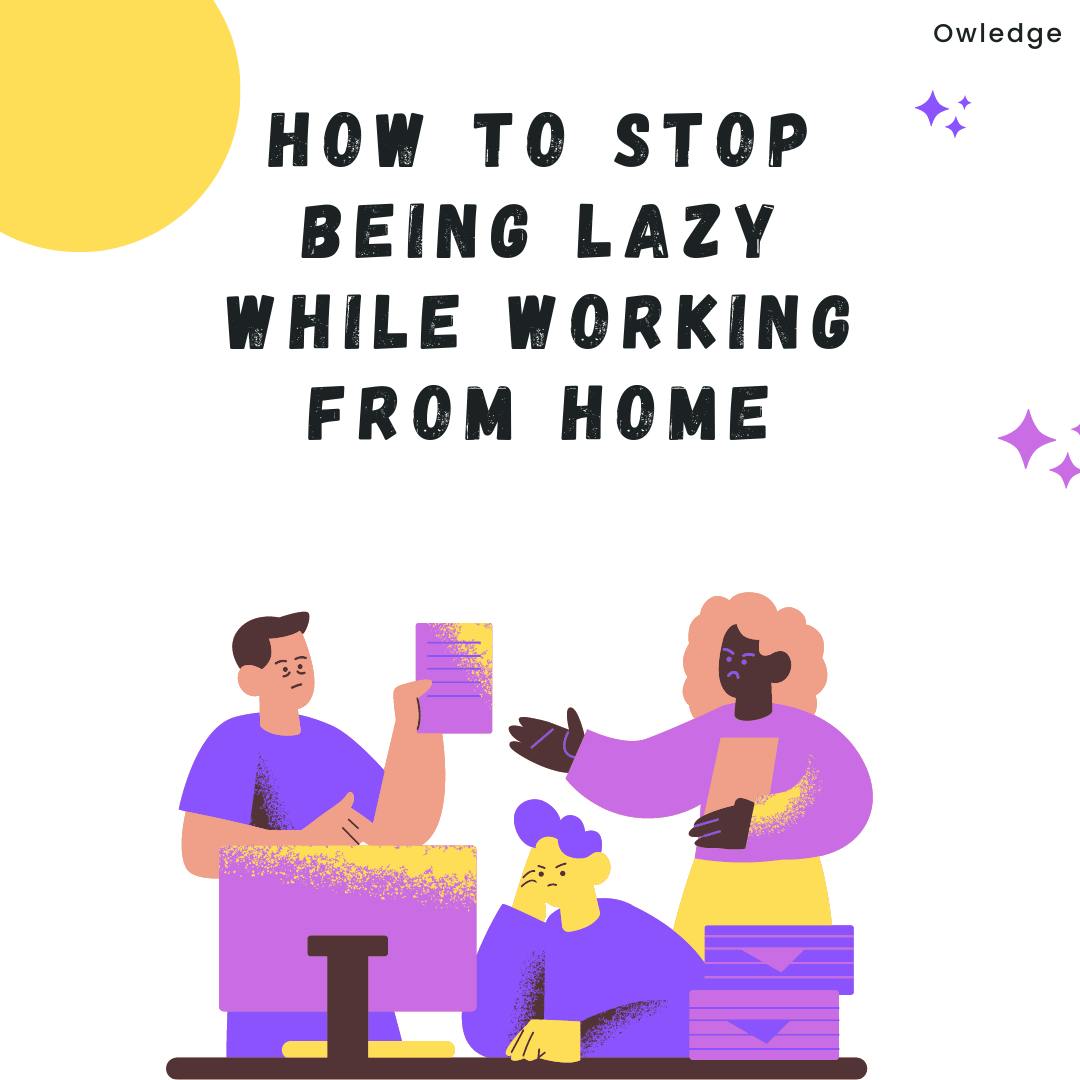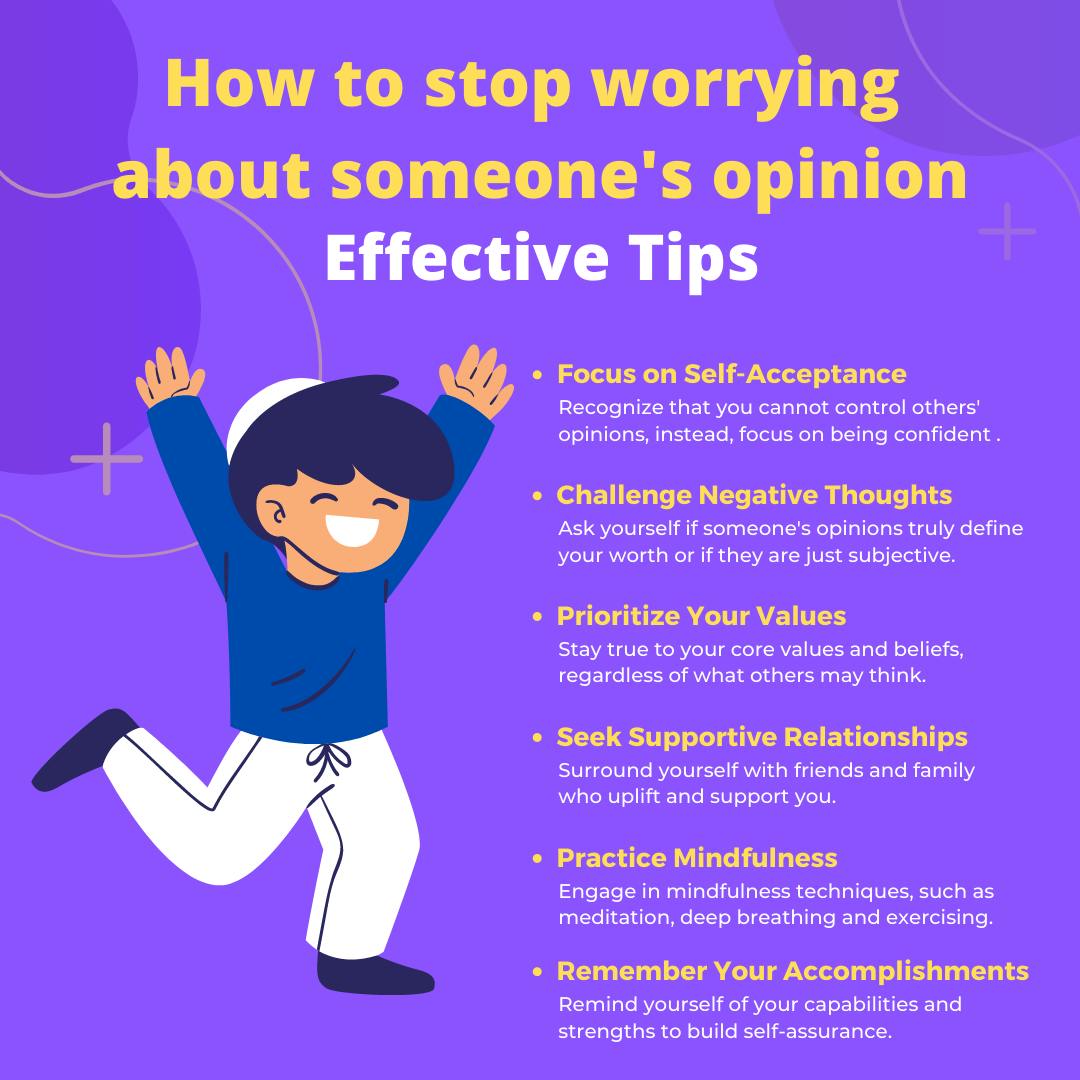
December 01, 2022
How To Stop Being Lazy While Working From Home
Laziness is one of the reasons why your home work couldn't be done on time, your plans would never become a reality and your dreams would always be dreams. Today we want to share 5 tips and techniques on how to stop being lazy while working from home, so let's jump into it!

1. Get out of your comfort zone
Lack of motivation? Deprive yourself all the necessities. When we put ourselves into a place where we are limited with things that we used to have in the past, our mind is trying to find the ways to bring the comfort back.
Here are 5 tips to help you step outside your comfort zone:
Embrace Embarrassment
- Purposefully put yourself in mildly embarrassing situations to desensitize yourself to fear or shame. Attend a stand-up comedy class, try karaoke, or dance in public. By confronting embarrassment head-on, you'll build resilience and realize that it's okay to be vulnerable.
Random Acts of Kindness
- Step out of your comfort zone by performing random acts of kindness for strangers. Engage in small gestures like offering a compliment, paying for someone's coffee, or volunteering at a local charity. These acts challenge your social boundaries, boost your self-esteem, and create positive connections.
Learn a New Language
- Immerse yourself in a different culture by learning an uncommon language. Choose a language that interests you, and participate in language exchange programs or conversation groups. Mastering a new language expands your worldview and pushes you to interact with diverse communities.
Solo Travel Off the Beaten Path
- Traveling alone to less-frequented destinations forces you to navigate unfamiliar surroundings and connect with locals. Solo travel encourages self-reliance, boosts adaptability, and enables you to embrace unforeseen challenges with confidence.
Perform in Public Speaking Events
- Conquer stage fright by participating in public speaking events, such as storytelling nights or open mic sessions. Sharing personal stories or ideas before an audience cultivates self-assurance, effective communication skills, and the ability to think on your feet.

Ask the questions other people don’t like to. This means having frequent and open conversations with your family, friends or colleagues. You should ask tough questions to find real issues and get much needed support.
2. Shut down the escape routes
Where do I usually escape to instead of doing my work? Your smartphone or laptop? Instagram or TikTok? Or am I watching too many youtube videos?
So how can I shut down the escape routes?
Commitment to Accountability 📯
Make a public commitment to your goals and aspirations. Share your intentions with friends, family, or a supportive community. By doing so, you create a sense of accountability, making it harder to back out when challenges arise. Knowing that others are aware of your journey encourages you to stay focused and persevere.
Embrace Discomfort 🏄♂️
Instead of seeking comfort or avoiding discomfort, lean into challenging situations. Embrace discomfort as a natural part of growth and learning. Reframe uncomfortable experiences as opportunities for personal development. Remember that the more you face discomfort head-on, the more resilient and adaptable you become.
Set Concrete Deadlines 📍
Procrastination often arises from having vague or open-ended goals. Set specific and realistic deadlines for your tasks and endeavors. Having a clear timeline creates a sense of urgency and prevents you from continually pushing tasks aside. Breaking down larger goals into smaller steps can also help you stay on track and committed to your journey.
By committing to accountability, embracing discomfort, and setting concrete deadlines, you eliminate the escape routes. These escape routes might tempt you to retreat into your comfort zone. Embracing the challenges and uncertainties that come with personal growth always lead to a more fulfilling and rewarding life.
3. Remind yourself about bad times
All of us have faced bad times in the past. When you have zero motivation to do anything, just remind yourself about bad times that you’ve experienced in your life. It’s kind of questionable advice for skeptics despite the fact that it really helps!

It can be quarrels with your parents or friends, things that you dreamed of and couldn’t afford. The substantial point here is to cause internal aggression and to start doing something.
4. Nothing is perfect 🤴
Perfectionism is a thing that everyone wants to get closer to, but no one can.
Researchers from North-Western University of Chicago noted that young people are facing more competitive environments, more unrealistic expectations, and more anxious and controlling parents than generations before. This rise in perfectionism is causing people to be overly critical of themselves and others. It’s also led to an increase in depression and anxiety, so the best way to avoid it – forget about perfectionism forever!
5. Stop worrying about someone’s opinion 😎
Keep things in perspective. If everyone knew how little others think about them. Everyone has enough to occupy their mind. They also have their own insecurities. If you're worried about how you come across to someone you’ve just met, keep in mind that they’re probably doing the same.

Here are some strategies to help you overcome this concern:
- Focus on Self-Acceptance: Recognize that you cannot control others' opinions. Instead, focus on accepting yourself and being confident in who you are. Embrace your strengths and imperfections as part of what makes you unique.
- Challenge Negative Thoughts: Whenever you catch yourself worrying about someone's opinion, question the validity of those thoughts. Ask yourself if their opinions truly define your worth or if they are just subjective perspectives.
- Prioritize Your Values: Stay true to your core values and beliefs, regardless of what others may think. Align your actions with what feels right for you, rather than seeking external validation.
- Limit Social Media Exposure: Social media can intensify comparison and self-doubt. Take breaks from platforms that trigger feelings of inadequacy and remember that people often present curated versions of themselves online.
- Seek Supportive Relationships: Surround yourself with friends and family who uplift and support you. Share your feelings with those you trust, as talking about your worries can help gain perspective and encouragement.
- Practice Mindfulness: Engage in mindfulness techniques, such as meditation or deep breathing, to stay present and focus on the present moment. This can reduce anxious thoughts about others' opinions.
- Remember Your Accomplishments: Reflect on your achievements and the positive impact you have made on others. Remind yourself of your capabilities and strengths to build self-assurance.
- Seek Professional Help: If worrying about others' opinions significantly impacts your well-being, consider talking to a therapist or counselor. They can provide personalized strategies to address these concerns.
Conclusion 📍
Allow yourself to be vulnerable. It can be terrifying to go against the grain, speak out, take a risk, or face disapproval. But decide what matters to you, trust yourself, and go for it. We don’t grow by always playing it safe; we grow by allowing ourselves a chance to fail.
If you don't know how to manage your time, we've created an extensive guide Manage your time like a pro where we share techniques that nobody talks about!
### Useful Links
What is Owledge? - Learn more about Owledge in 1 short article.
Join Our Discord Community - we post 100+ freelancing jobs, news and trends daily!
Try Owledge For Free - to explore our app for freelancers, agencies, solopreneurs and small businesses!
You can also follow us on Facebook, Twitter, Pinterest & LinkedIn.